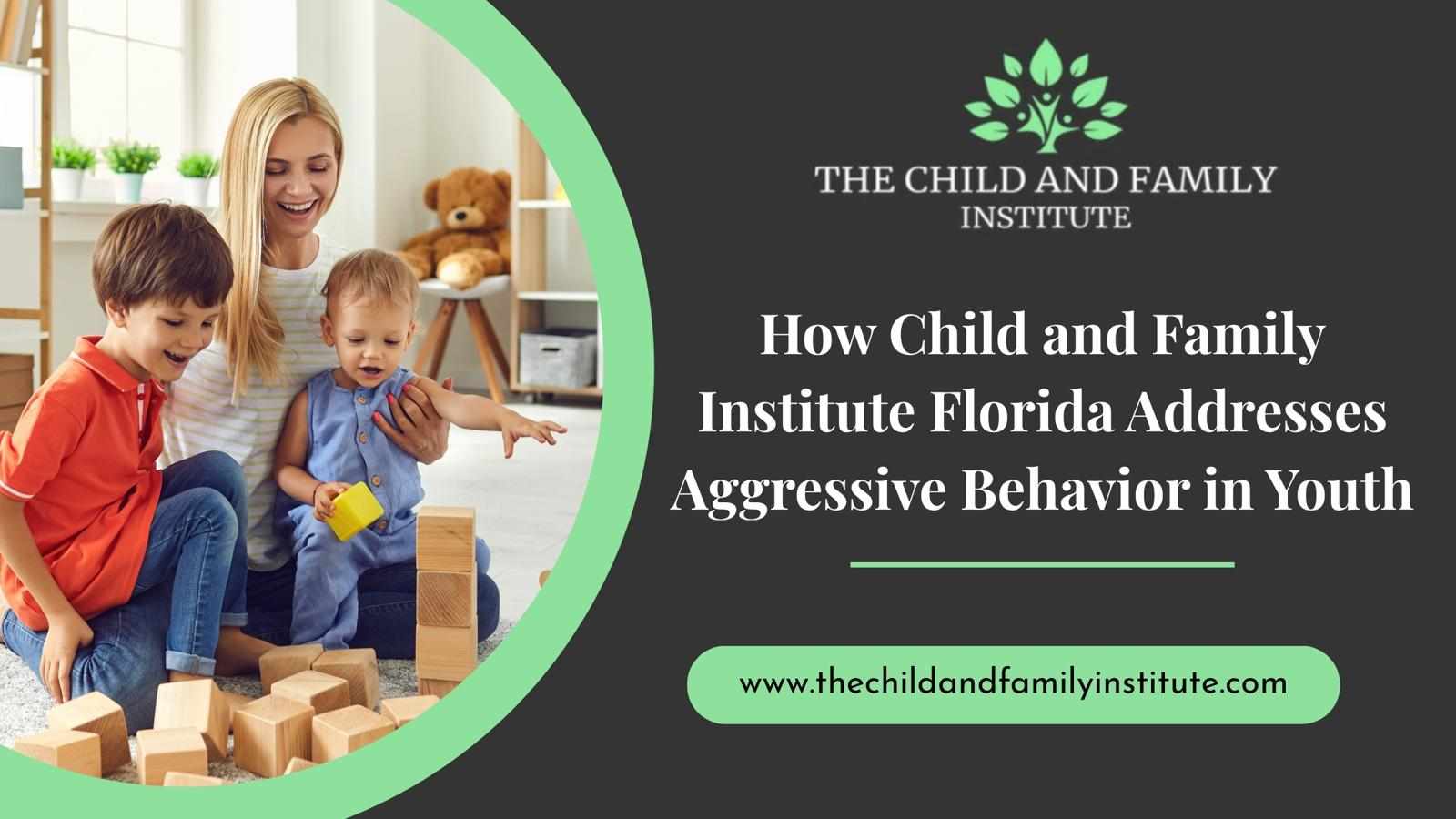
Understanding your casing rights under emotional support animal laws in Florida is pivotal for individuals who rely on ESAs (emotional support creatures) to manage emotional or cerebral conditions. These laws cover individuals from being discriminated against and ensure that people with valid ESA attestations can live with their support creatures, indeed in cases that generally restrict faces. Whether you're a tenant, landlord, or someone considering carrying an ESA, navigating these laws can help avoid confusion and gratuitous conflict.
What are emotional support creatures?
Emotional Support Creatures (ESAs) are creatures that give comfort, fellowship, and remedial benefits to individuals suffering from mental health conditions like anxiety, depression, PTSD, or fear of diseases. Unlike service creatures, ESAs aren't needed to undergo technical training, but they must be specified by a certified mental health professional.
Overview of Emotional Support Animal Laws in Florida
Emotional support animal laws in Florida align with crucial civil laws, including the Fair Housing Act and Section 504 of the Rehabilitation Act. These laws dictate that individuals with a legitimate need for an ESA can not be discriminated against in housing.
These are the primary protections granted?
Right to Reasonable Accommodation: Housing providers must make reasonable accommodations to allow ESAs, indeed, in pet-confined housing.
No pet freight: Landlords can not charge pet freight or deposits for ESAs.
Attestation demand: Tenants must give a letter from a certified mental health professional stating the need for the animal due to a mental or emotional disability.
Crucial casing Rights for ESA possessors in Florida
1. Impunity from Pet freight
Landlords may not charge fresh freight or pet deposits for emotional support animals. This impunity is vital for numerous families floundering financially, ensuring their mental health requirements aren't hindered by fiscal burdens.
2. Right to sequestration
ESA possessors aren't obliged to expose their full medical history. The only demand is a licit ESA letter from a certified therapist or healthcare provider.
Common Challenges and How to Overcome Them
1. Landlord Denial of ESAs
Some landlords may originally refuse an ESA request. In similar cases, tenants should give proper attestation and remind them of their scores under the law.
2. Fake ESA Letters
With the rise of online ESA instrument swindles, landlords are getting more conservative. To ensure your attestation is accepted, work directly with a Florida-certified therapist or mental health provider.
3. Condo and HOA Restrictions
While HOAs can have strict pet rules, they must also comply with ESA laws. Residents should inform HOAs of their ESA needs through proper channels and attestation.
When Can a Landlord Fairly Deny an ESA?
Although ESA laws offer robust protections, landlords may deny an emotional support animal under specific conditions
If the animal poses a direct threat to the health or safety of others
If the animal causes significant property damage
If the request would put an overdue fiscal or executive burden
Conclusion: Understanding Your ESA Housing Rights
Navigating case rights under emotional support animal laws in Florida is essential for anyone relying on an ESA to manage mental or emotional disabilities. These laws ensure that individuals aren't unfairly barred from casing due to their medical requirements. Still, understanding your rights and liabilities is crucial to a successful ESA accommodation process.
By securing proper attestation, maintaining open communication, and ensuring your ESA is well-conducted, you can confidently assert your rights while respecting the property and sequestration of others. Emotional support creatures offer a lifeline for numerous Floridians — knowing how to cover that support starts with understanding the law.



Write a comment ...